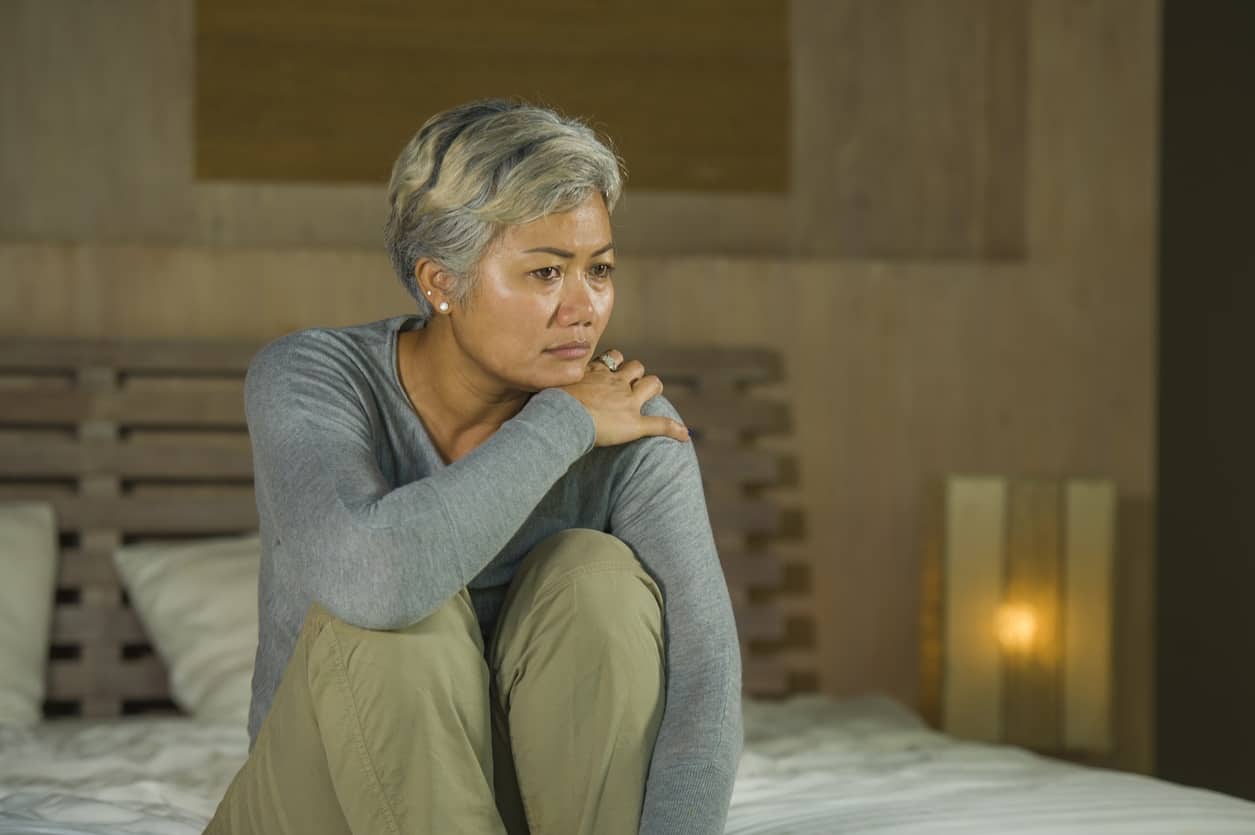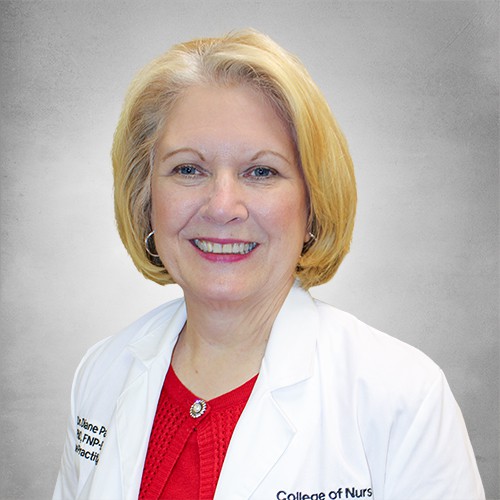Too many patients and providers aren’t discussing an important aspect of wellbeing – sexual health. Diane Todd Pace, a Certified Menopause Practitioner at Regional One Health, wants to change that.
Pace understands that menopause can be a time when women experience more sexual health issues, so she makes sure to discuss the topic with her patients.
She said options like counseling, physical therapy and medication can help with sexual dysfunction.
Many factors are crucial to good health – managing underlying conditions, improving diet and exercise, getting enough sleep, etc. What if your provider neglected to address those issues?
The short answer is, you’d probably find a new provider.
However, there is one important aspect of your wellbeing that isn’t proactively addressed by 81 percent of providers: sexual health. Diane Todd Pace, PhD, APRN, FNP-BC, NCMP, IF, FAANP, FAAN, a certified menopause practitioner at Regional One Health, is on a mission to change that.
“Three fourths of patients are reluctant to report sexual health issues, and even when patients want us to talk about it, too many providers aren’t comfortable with these topics,” Pace said. “But we need to have the conversation, because bad sex plays a much larger role in disrupting a good relationship than good sex does in making a relationship better.”
Pace offered a starting point for getting the conversation going.
What can cause sexual dysfunction?
There are many factors, and they are as individual as patients themselves:
- Poor overall physical and/or emotional health
- Negative partner relationships
- Previous sexual, physical or emotional abuse
- Urinary tract and vaginal symptoms
- Medications and medical procedures
- Culture and beliefs
- Deteriorating economic status
Pace always addresses sexual health in her menopause care practice, as menopause can be a time of increasing problems due to hormonal changes. Falling estrogen levels can lead to decreased desire, vaginal dryness and painful intercourse. These make sexual activity less appealing for women.
How will my provider identify the problem?
Pace uses the Decreased Sexual Desire Screening questionnaire to get insight into the cause of a patient’s sexual dysfunction and the level of distress it is causing. Questions include:
- Was your level of desire previously satisfying for you?
- When did it decrease?
- Are you bothered by this, and in what ways does it bother you?
- Can you think of any specific things that contribute to your decreased desire?
- What are your goals or expectations?
Can I expect an actual diagnosis?
Some patients are diagnosed with Hypoactive Sexual Desire Disorder, or a lack of sexual desire or low libido. Pace said the diagnosis is based in part on how much distress the issue causes the patient.
Sometimes, recent health or life changes are to blame – a surgery, a new medication, having a baby, etc. can all cause sexual dysfunction.
Pace also looks at physical discomfort patients might be experiencing. Dyspareunia, or pain in the vagina or pelvis during sex, can be severe. For over half of menopausal women, Genitourinary Syndrome of Menopause (GSM), which is related to decreasing estrogen, causes vaginal dryness that makes intercourse uncomfortable.
What about treatment options?

Poor sexual health can have a significant impact on quality of life. Part of a patient’s diagnosis involves gauging the level of distress a patient’s sexual dysfunction is having on their wellbeing.
Pace refers some patients to counselors who can help with the emotional side of sexual response.
There are also options when the problem is physical, including new medications that have been approved to help with low libido.
Patients with GSM can benefit from lifestyle changes like quitting smoking and having regular sexual activity. There are also over-the-counter lubricants and moisturizers that can help, as well as prescription topical or systemic estrogen.
Pelvic floor physical therapy is a great option for patients experiencing painful intercourse. Pace has referred patients to Regional One Health’s pelvic floor therapist, and noted, “I’ve had some very successful responses. If you’re having various types of pain, she can teach you exercises to strengthen and relax those muscles.”
Don’t suffer in silence!
Pace encourages patients to get past any embarrassment they may have about sexual health – and to find a provider who will do the same.
She said Regional One Health’s menopause care practice can help. “We work with patients on the emotional, mental and physical aspects of sexual health,” she said. “All of those things play a role, and they are all things your provider can help you with.”
Pace and her fellow certified menopause practitioner Pallavi Khanna, MD, OB/GYN see patients at our East Campus.
